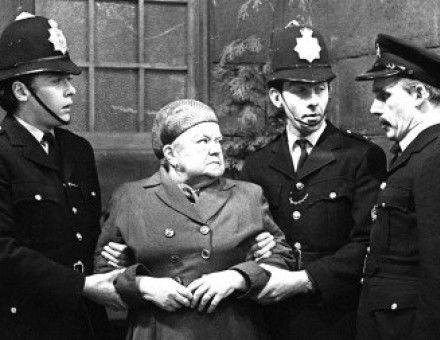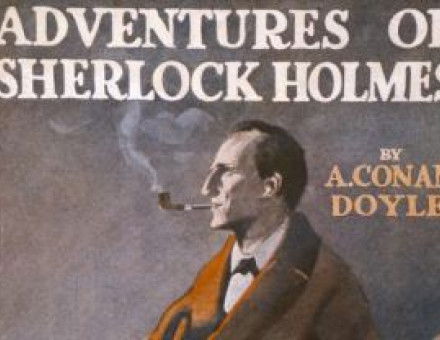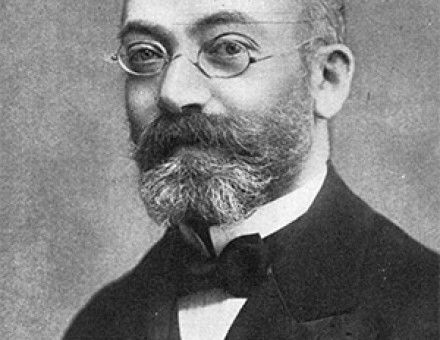Volume 60 Issue 12 December 2010
As Coronation Street celebrates half a century in the nation’s living rooms, Andrew Roberts looks at why an intensely parochial television series that has wilfully refused to acknowledge change is still going strong.
‘Complex marriage’, ‘male continence’ and the selection of the perfect partner were all themes propounded by a 19th-century cult in New York State. Clive Foss explores the influence of Plato’s Republic on John Humphrey Noyes and his Perfectionist movement.
Though Protestants sought to distance themselves from Roman Catholics on the subject, angels played a key role in Protestant culture as a means by which to understand humans and their place in the universe, explains Joad Raymond.
Once the classical world’s dominant port, by the early 19th century the city founded by Alexander the Great was seemingly in terminal decline. But the energy and vision of the Ottoman governor Muhammad Ali restored its fortunes and, ultimately, set Egypt on the path to independence, as Philip Mansel explains.
Detective stories captured the imaginations of the British middle classes in the 20th century. William D. Rubinstein looks at the rise of home-grown writers such as Agatha Christie, how they mirrored society and why changes in social mores eventually murdered their sales.
The historian’s desire for certainty is hard to square with the fragility of sources and their constant reworking by the profession. Casting a cold eye on the remaining evidence relating to the deaths of Edward II and Richard II, Ian Mortimer plots a way forward for his discipline.
The creator of the world's most widely spoken constructed language was born on December 15th, 1859.






